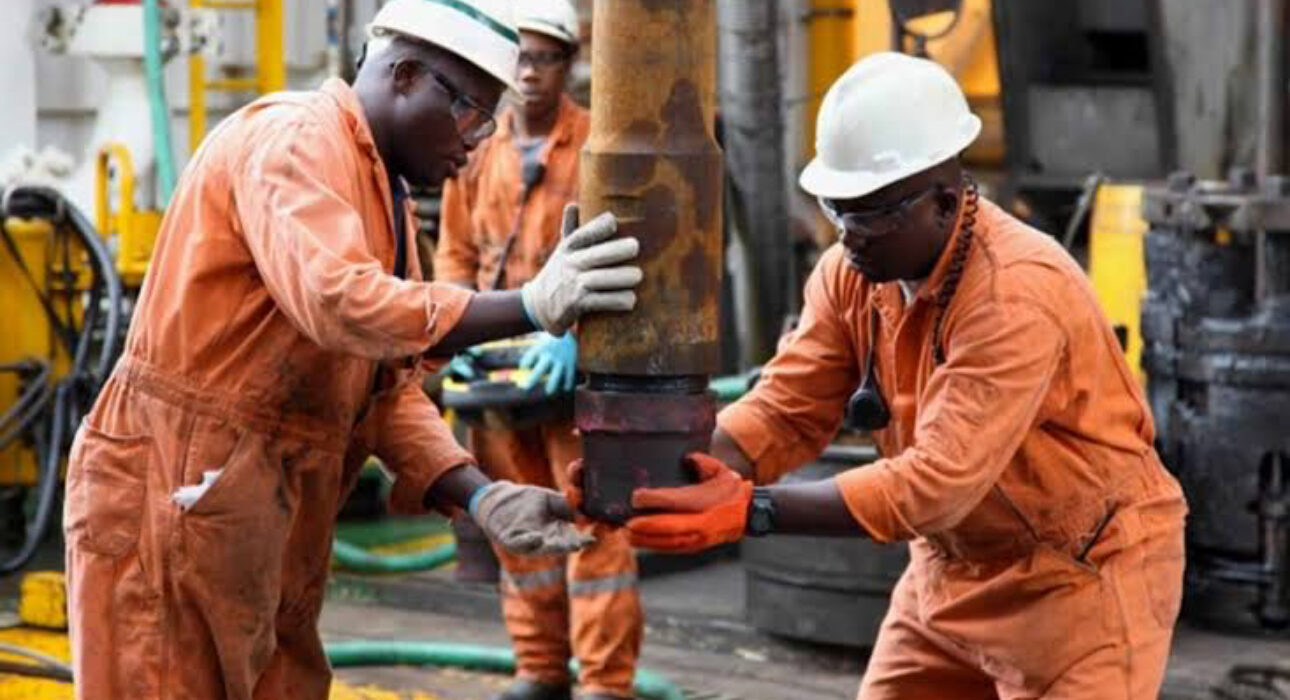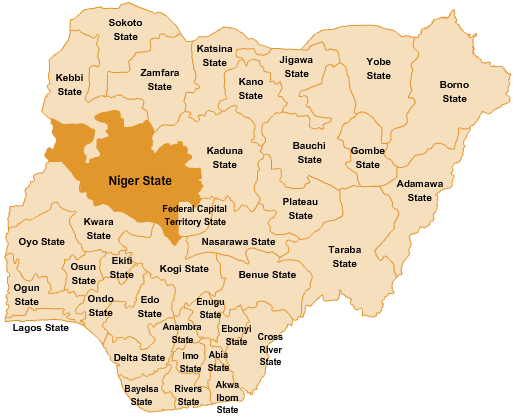Crude Oil Comeback: Seplat, Oando, Aradel Drive Strong Output Growth in H1 2025

Nigeria’s oil industry has recorded a major boost in the first half of 2025, with leading indigenous producers Seplat Energy Plc, Oando Plc, and Aradel Holdings Plc posting impressive production increases despite weaker global oil prices. Combined, the three companies produced an average of 126,314 barrels of crude oil per day, amounting to 194,288 barrels of oil equivalent per day, marking a significant year-on-year jump and signalling a strong rebound for the sector.
Seplat Energy led the performance surge, recording a 178% increase in overall production to 134,492 barrels of oil equivalent per day, well above its guidance range. Onshore production rose to 54,831 boepd, while offshore output hit 79,660 boepd, boosted by the restoration of 29 idle wells that contributed an additional 25,900 barrels per day. Although the company’s net income fell by 45% due to higher costs and taxes, revenue rose by 231% to $1.4 billion, while operating cash flow jumped 182% and free cash flow increased more than fivefold.
Oando Plc also reported a strong upstream performance, with production up 63% to 37,012 boepd. Crude oil output climbed 77%, gas volumes rose 54%, and natural gas liquids surged 375%, driven by improved infrastructure reliability and the integration of NAOC assets.
Despite a 15% drop in total revenue to ₦1.72 trillion due to lower trading volumes, the company maintained a profit after tax of ₦63 billion.
Aradel Holdings maintained steady growth, producing an average of 15,508 barrels of crude oil per day, a 19.7% rise from the same period last year. Gas output averaged 7,276 boepd, while refined product sales increased by 32.7%. Revenue grew 37% to ₦368.1 billion, and profit after tax rose by 40% to ₦146.4 billion, supported by improved evacuation systems and higher associate earnings.
The strong performance of these companies mirrors Nigeria’s wider oil production recovery, with national output surpassing 1.8 million barrels per day in July 2025.
Industry regulators credit the improvement to enhanced security in the Niger Delta, better pipeline reliability, and renewed upstream investment. With more capacity upgrades and well-restoration projects underway, industry experts expect the upward trend to continue through the second half of the year, potentially reinforcing Nigeria’s position in global oil markets.









